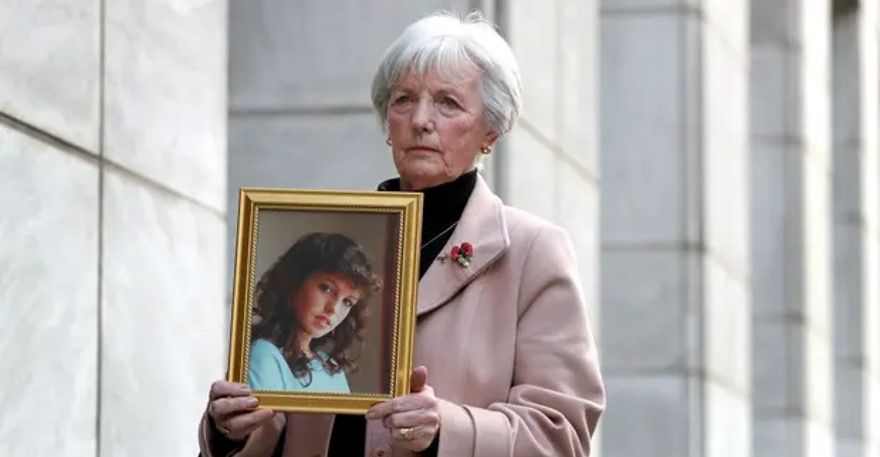The Question of Parole
Should killers be kept in prison for refusing to reveal their victim’s body location?
I read recently that the United Kingdom has introduced new legislation that makes it harder for killers to be released on parole if they refuse to reveal where they hid their victim’s body.
This legislation, known as Helen’s Law, was named after an insurance clerk, Helen McCourt, who vanished on her way home from work in 1988.
Her murderer refused to say where he had hidden her body.
Under the new law, killers could still be released if no longer deemed a risk to the public, even if they refuse to disclose information.
However the key element is that the Parole Board in the UK is now legally required to consider whether they have cooperated with inquiries as part of their assessment before releasing a prisoner.
The new law was applied recently for the first time and a media report was headlined:
|
KILLER REFUSED PAROLE FOR FAILING TO DISCLOSE WHERE BODY HIDDEN A prisoner in the UK has become the first person to be refused parole under a new law that makes it harder for killers to be released if they refuse to reveal where they hid their victim's body. |
It is hoped that the form the legislation has taken will lead to more killers owning up to their crimes, providing answers for grieving families.
Helen’s mother was quoted as saying “this new legislation will mean that myself and many other families will, hopefully, not have to endure the torture of not knowing where their loved ones' remains can be recovered from”.
So how could this new law help families in New Zealand?
Sadly, there are cases in New Zealand where a killer has refused to cooperate with the authorities and give up the location of their victim’s body.
An example of this was the killing of Sarah Niethe by her boyfriend Mark Pakenham in 2003.
For many years Pakenham denied responsibility for her disappearance but in 2009 was recorded by the authorities admitting to an associate that he had injected her with methamphetamine and killed her.
Pakenham was initially charged with the victim’s murder, but this was reduced to manslaughter on the basis of a guilty plea.
There was no requirement for him to disclose the location of the body before this plea was accepted.
Pakenham subsequently appeared before the Parole Board on several occasions seeking parole.
The Board heard that he had changed his story and was now claiming he had pleaded guilty to manslaughter to avoid a murder conviction.
You can imagine the effect that this would have had on the victim’s family and friends.
When finally granting parole, the Board said that “the prisoner was no longer an undue risk of re-offending”.
The Parole Board was not required under current New Zealand law to consider the fact that he had refused to reveal his victim’s location, as required by the UK law, so the prisoner was released.
If such a law existed in New Zealand then this would extend the powers of the Parole Board to at least require them to consider the failure to give up the location of a victim’s body as a factor before agreeing to release the prisoner.
The Parole Board would legally have to consider the cruelty to families when reviewing an offender’s suitability for release and hopefully keep this person in prison for longer.
The UK law required a petition by Helen McCourt’s family and took 5 years before it was enacted.

